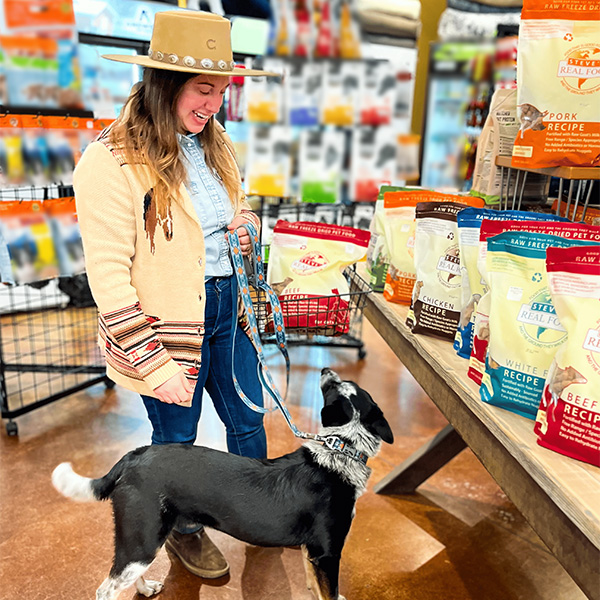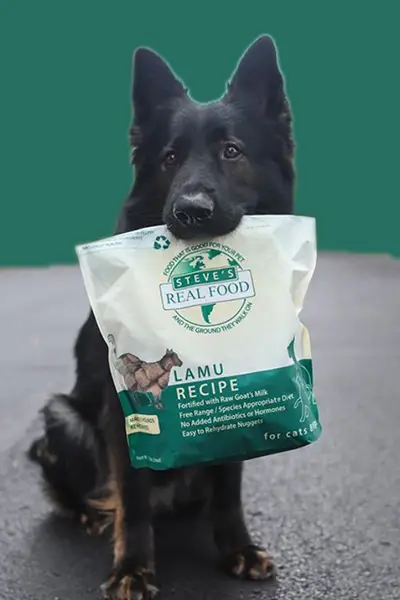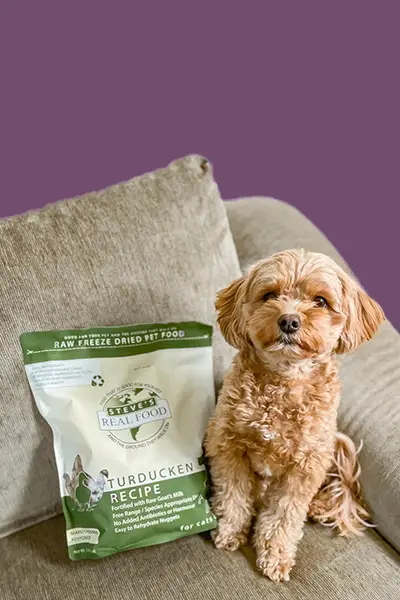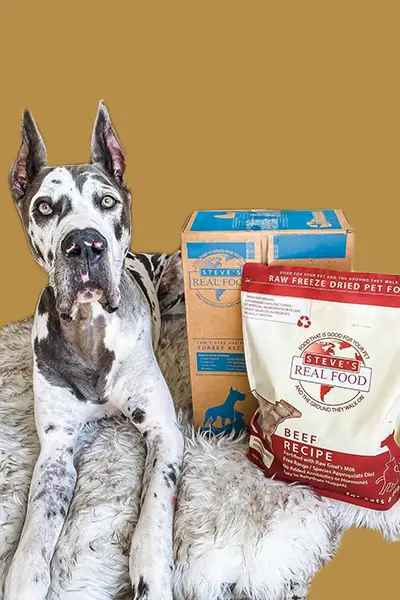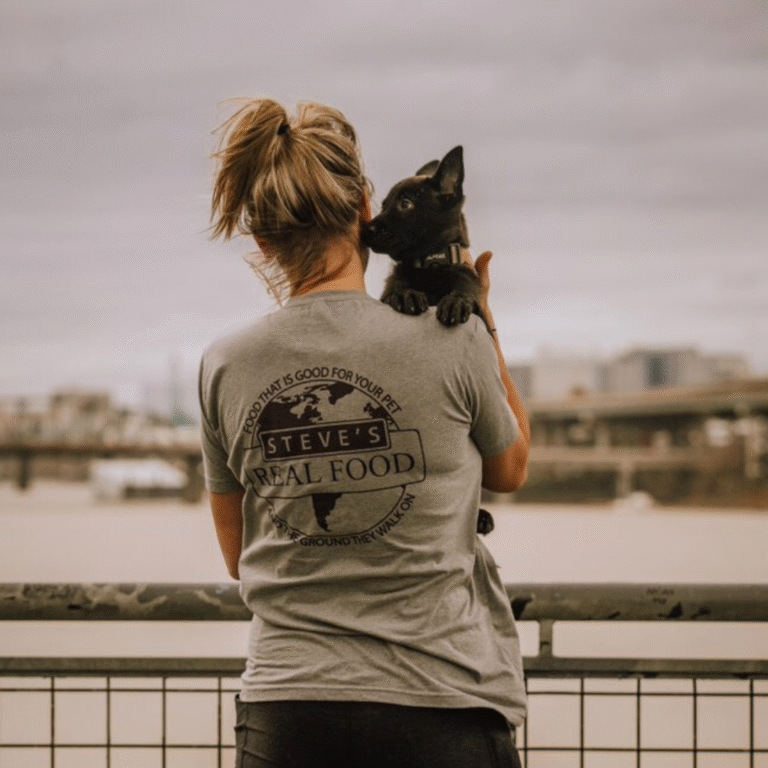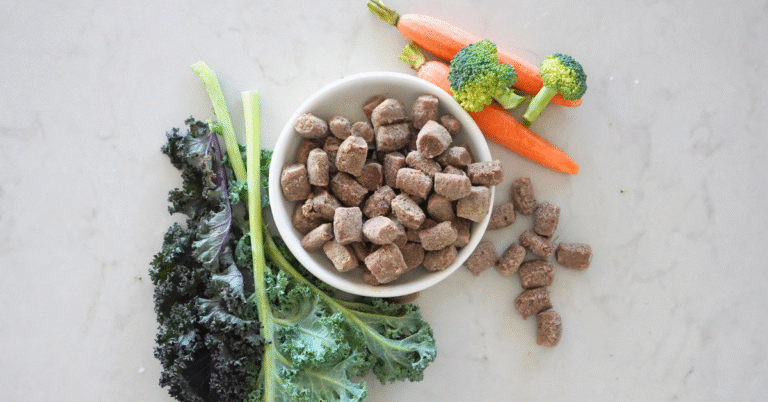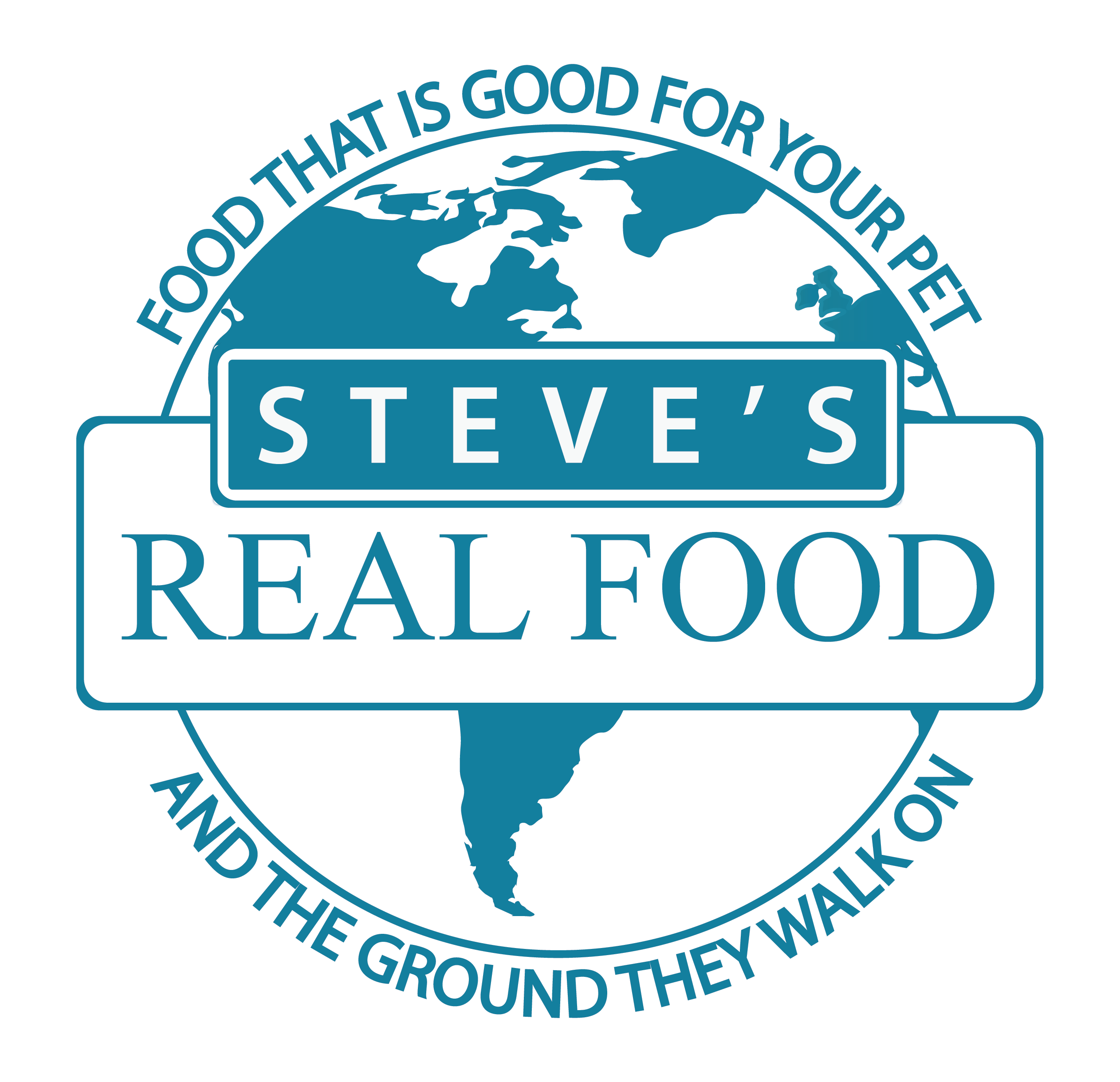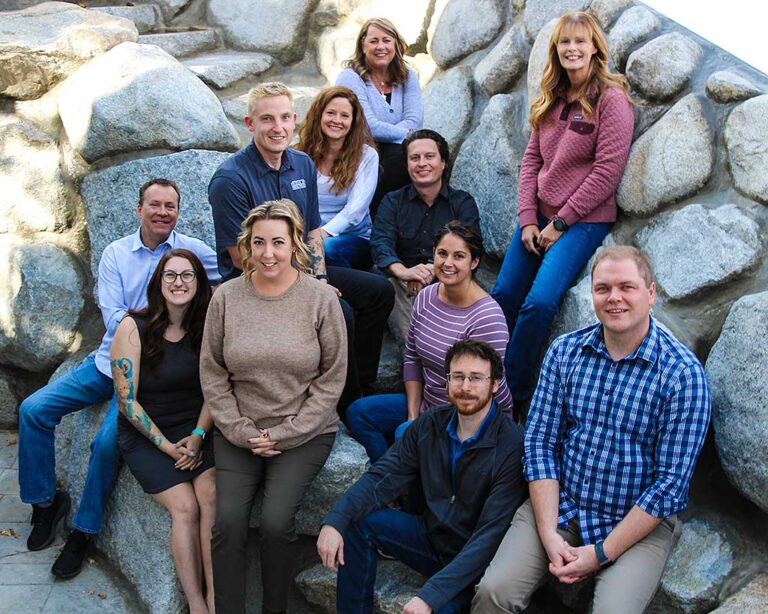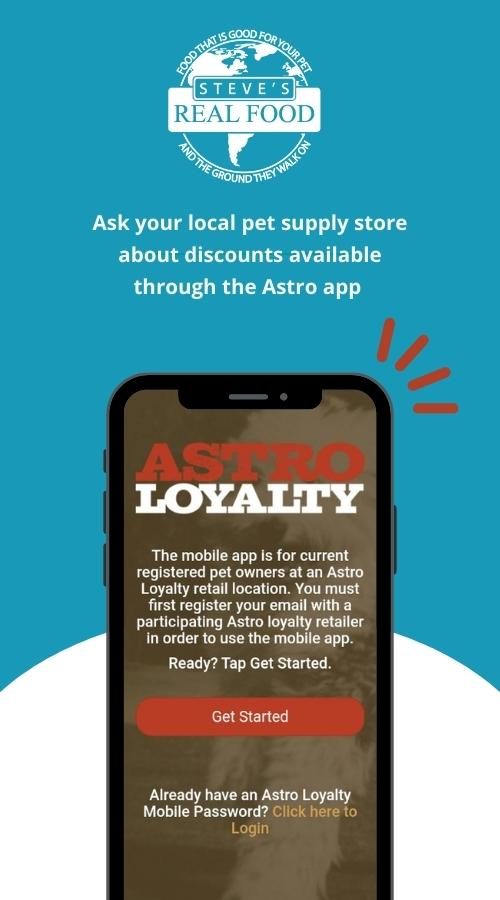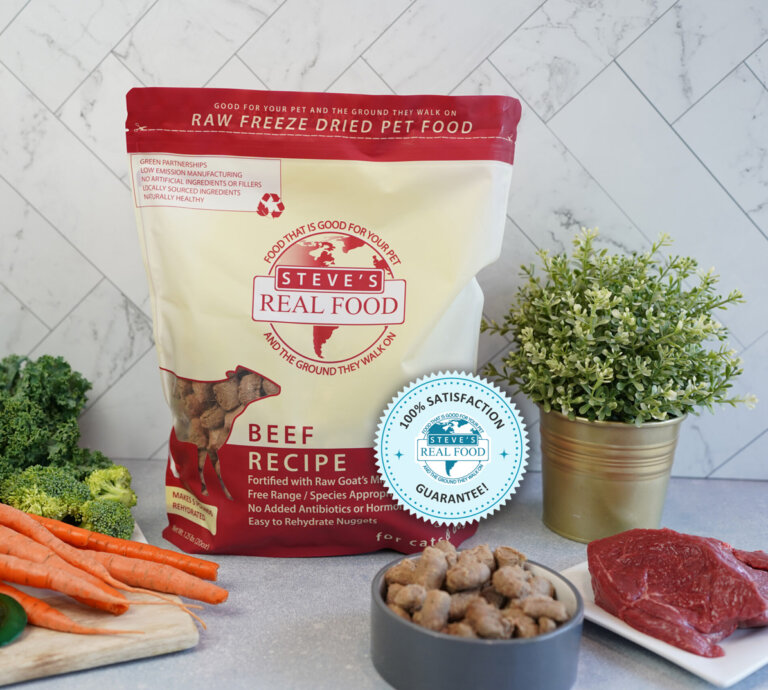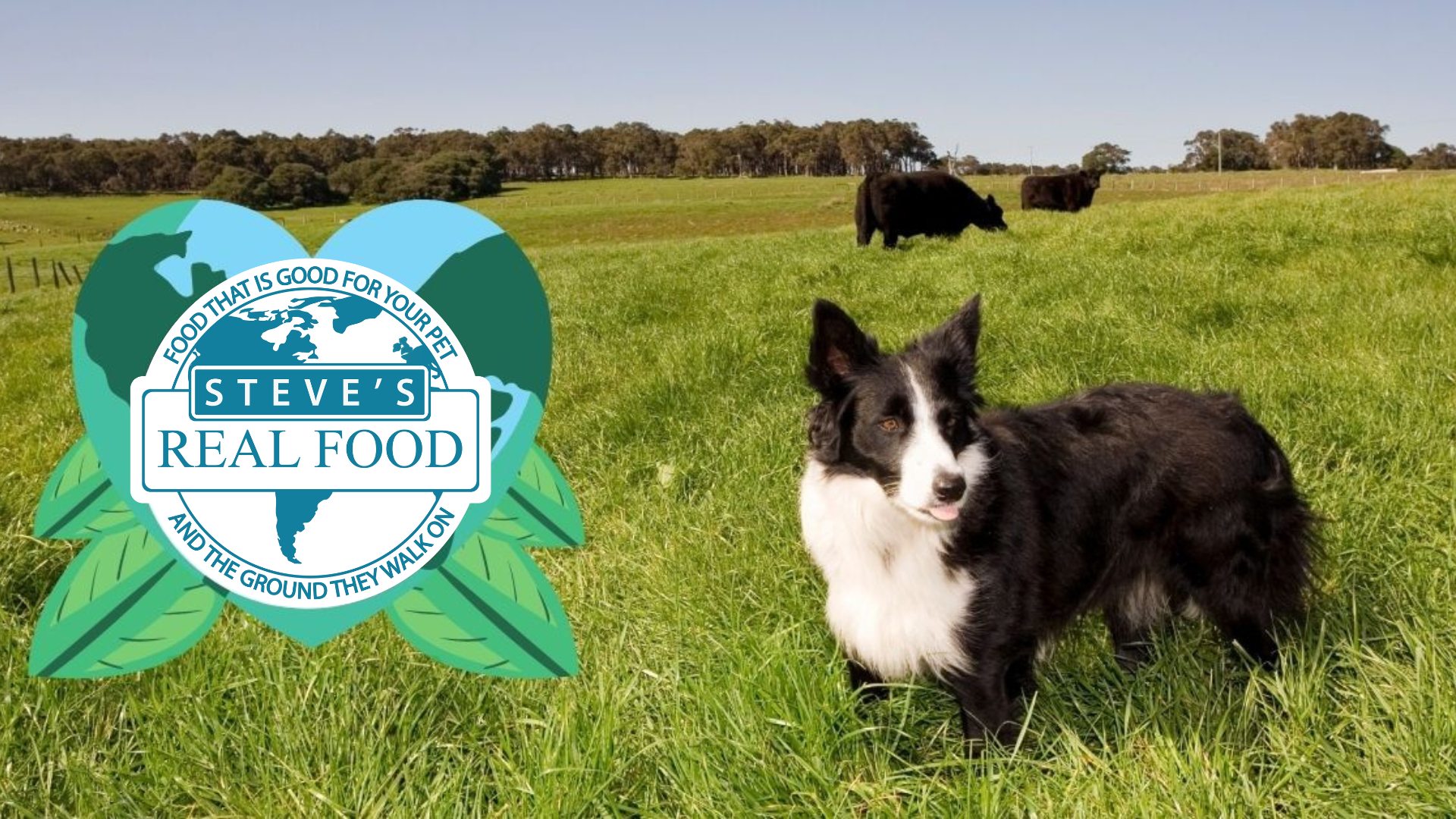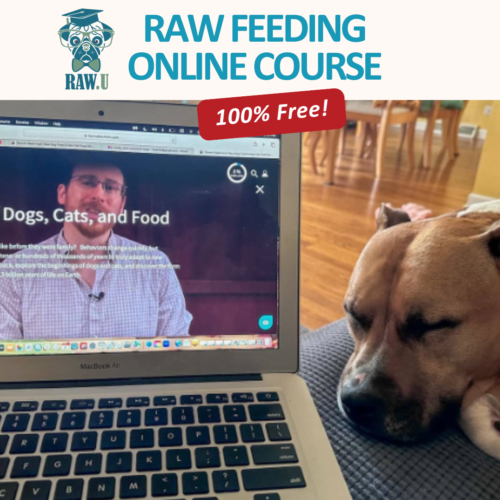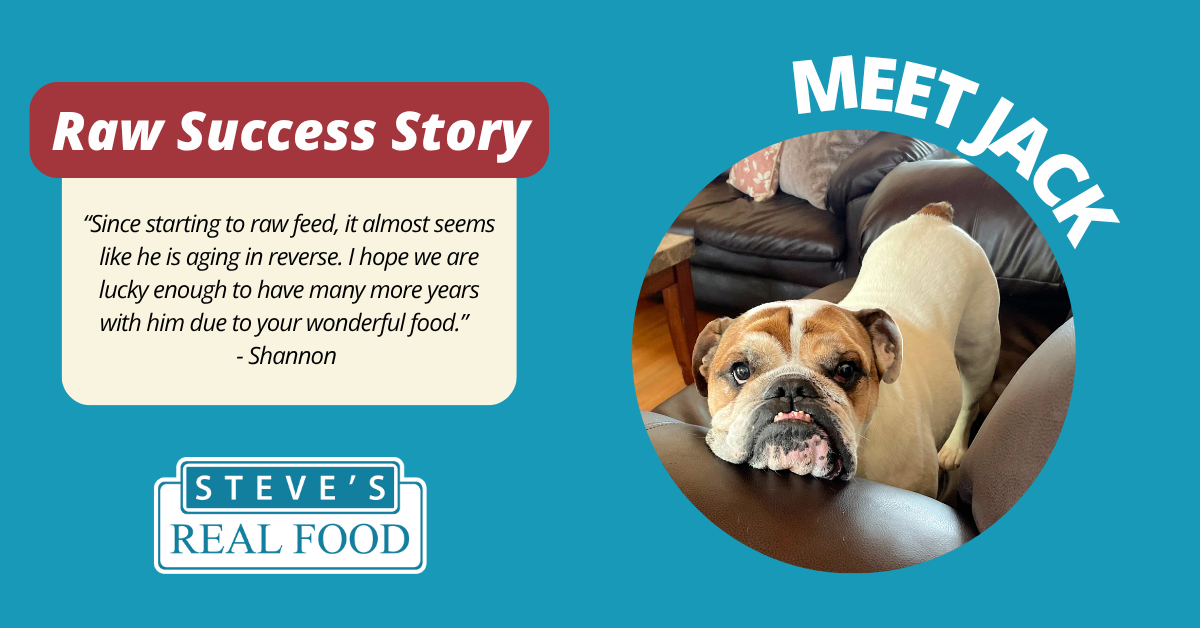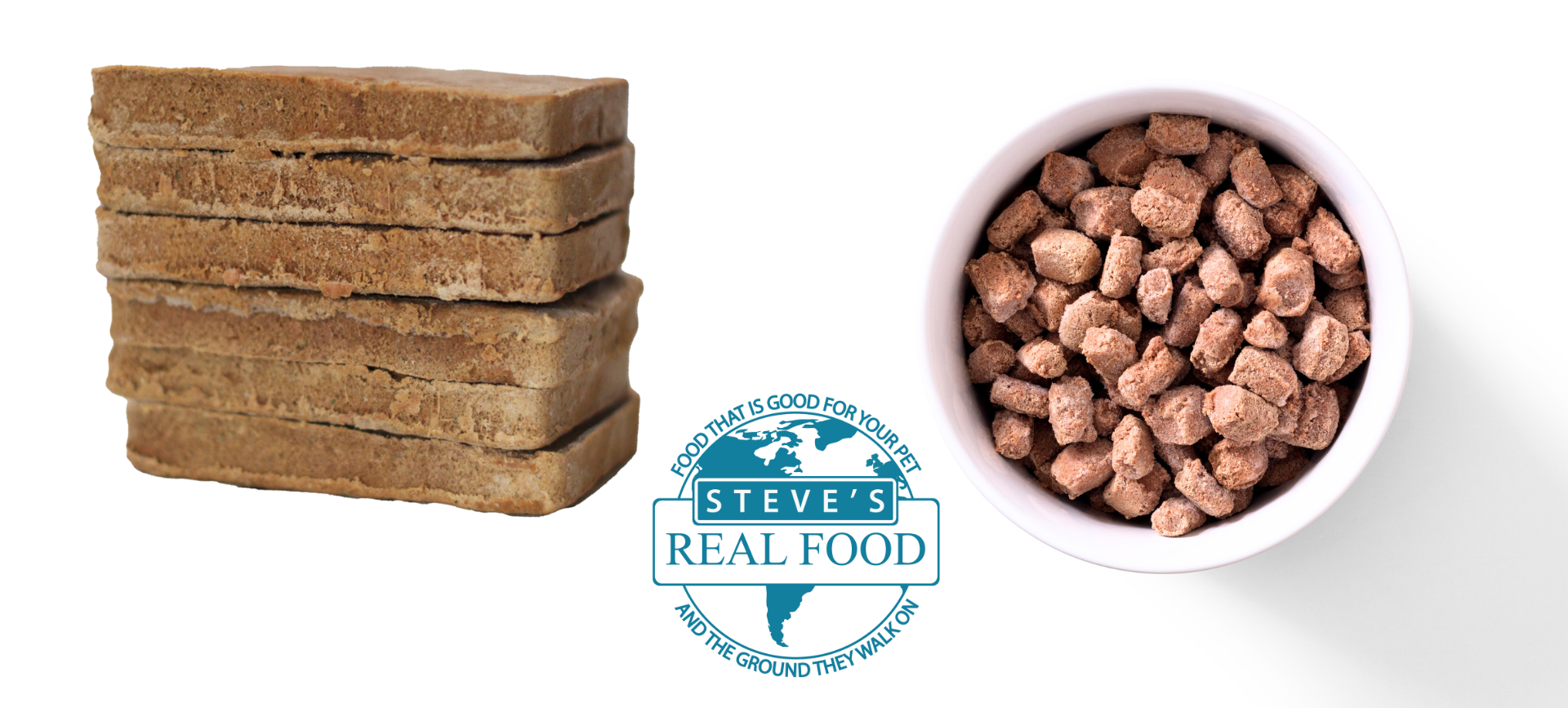What is Sustainability in Pet Food Manufacturing?
Sustainability is a word that gets thrown around a lot, but true sustainability goes much deeper than throwing items in your curbside recycling bin. The UN World Commission on Environment and Development describes sustainability as having 3 pillars: economic, environmental, and social. In pet food manufacturing, it means providing our pets with healthy raw foods in a way that does not compromise future generations’ ability to meet their own needs. Sustainability presumes that the earth’s resources are finite and should be used conservatively. There is a replacement rate where we know we can cut down a tree and plant others to replace it, but when the replacement rate can’t keep up with demand, that is where we run into issues of scarcity and agricultural devastation.
5 Ways Steve’s Real Food Celebrates Earth Day Every Day
Steve’s Real Food is committed to manufacturing high-quality pet foods while minimizing environmental impact. Below we take a closer look at the most obvious of the sustainability pillars, environmental, where we focus our efforts on reducing our carbon footprint, packaging waste, and water usage; but the economic and social pillars as well to get a full circle understanding to sustainability in pet food manufacturing, and how it benefits both pets and their human companions.
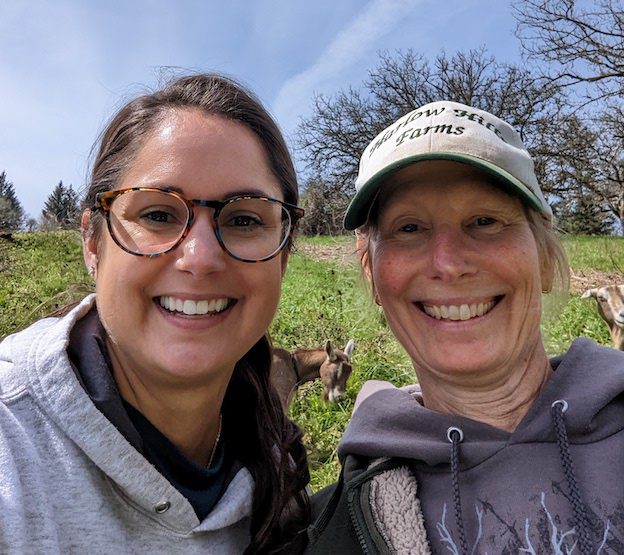
Ingredients
Steve’s Real Food only uses human-grade ingredients that are free from pesticides, additives, preservatives, 4D meats, and GMOs. By avoiding things like pesticides, we are keeping those toxins out of our soil and groundwater, plus it helps your pet to enjoy better digestion, higher energy levels, and even reduced allergies. Steve’s also works to solely partner with farmers who share our commitment to preserving the environment. Our fresh fruits and vegetables come from local farms that prioritize regenerative agriculture, efficient water management, and ethical treatment of animals. Our meats are sourced locally, and 100% of fish used in our foods are caught from Marine Stewardship Council (MSC) certified sustainable fisheries.
Manufacturing & Processing
For many pet food makers, a huge amount of energy is expended to process food with high heat used for making kibble and the canning process, which expels a huge sum of air pollution. Because Steve’s is a minimally-processed raw pet food brand, our food does not require that significant amount of energy to manufacture. The reduced energy that is required to power our manufacturing plant is harvested from the earth’s largest and oldest form of renewable energy – hydroelectric power! Hydroelectric power is reliable and emission-free.
Transportation
Many people assume that raising cows and pigs contribute the most to greenhouse gas emissions but that is not accurate. Per the EPA, agriculture accounts for just 11% of greenhouse gas emissions, while transportation tops the chart accounting for 27% of all greenhouse gas emissions. This is due to the fact that 90% of all commercial transportation of goods is via fossil fuels. While some of us do drive electric cars here at the office, Steve’s Real Food works to cut down on transportation emissions by buying as many ingredients from local suppliers as possible. 90% of all our ingredients used to make our foods come from California, Idaho, and the Pacific Northwest. Less distance to ship the ingredients = fewer emissions.
Packaging
Most pet foods come in plastic packaging because it is affordable and effective at keeping the food fresh. The problem is that most plastics create waste that doesn’t degrade or degrade very slowly, and even contains additives like phthalates that leach plastic into the food. Steve’s Real Food has evolved its packaging from being composed of biodegradable and post-consumer waste materials, to being fully recyclable! Our packaging is even created in a facility that runs on solar power. Our pet food bags are #4 rated recyclable plastic that can be dropped off at the same place you recycle your grocery bags and in some curbside pickups. We use corrugated boxes for our larger package sizes, not only to make them sturdier but also so they can be put in curbside recycling bins. Our boxes use vegetable-based printing inks so there’s no concern for leaching of inks into soil and groundwater.

Community & Social Initiatives
The social pillar of sustainability relates to the community it operates in, serves, and even its employees. Steve’s Real Food works to create social sustainability with our partnership with several non-profit organizations and pet rescues throughout the United States. We hold educational webinars each month where we donate $5 for each attendee. The webinars give recognition to worthy organizations that help pets and provide them with an economic boost. Our ingredient sourcing has built farming communities that have formed co-ops of local farmers.
Looking Forward
At Steve’s Real Food, we believe economic success should go hand-in-hand with environmental responsibility. The economic pillar of sustainability empowers us to reinvest in practices that support a healthier planet—while continuing to provide high-quality nutrition for pets. Our commitment to sustainability drives us to set meaningful environmental goals, track our progress, and explore innovative ways to do more with less. From reducing waste to choosing eco-conscious ingredients, we’re building a better future for pets, people, and the planet. Learn more about our sustainability efforts here.
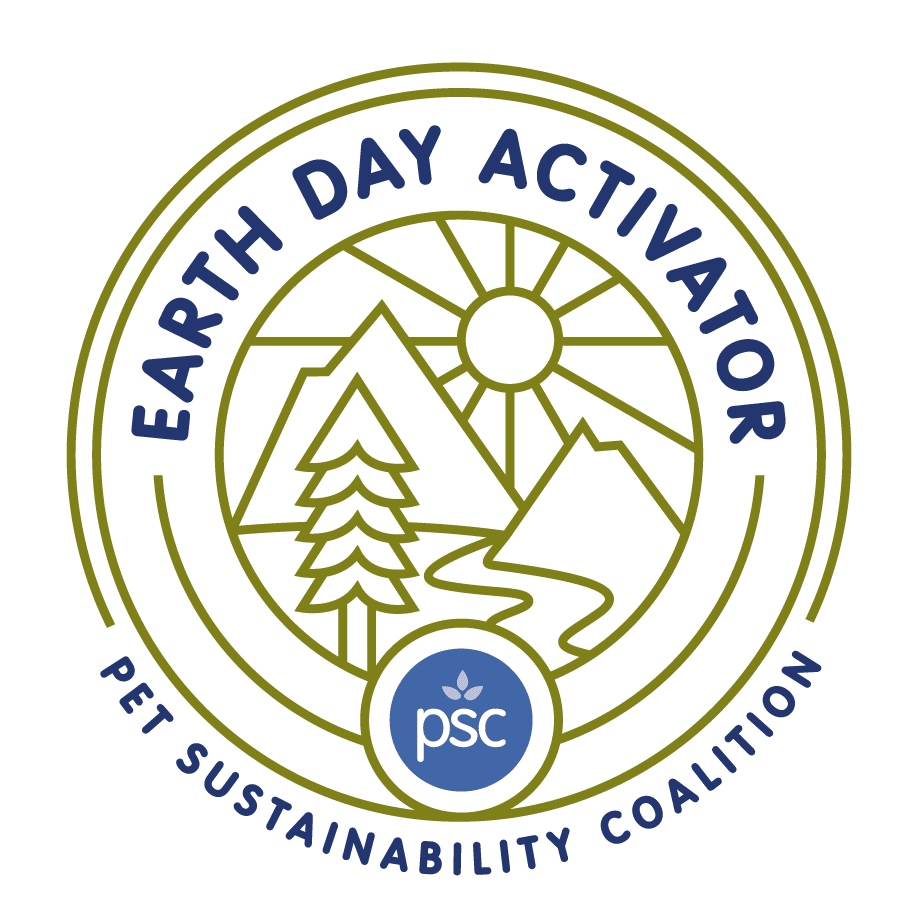
As a member of the Pet Sustainability Coalition, we have access to emerging trends in environmental initiatives. We attend their annual summit to learn and share with others about what we are doing to lower our carbon footprint. We are the 1st raw pet food company in the industry to earn Interseroh accreditation, and are currently seeking B Corp Certification.
Steve’s Real Food aims to set the benchmark for the future of raw pet food manufacturing in a growing world with finite resources. We hold true to our mission statement imprinted on our logo – Food that is good for your pet and the ground they walk on.
 Beef
Beef Chicken
Chicken Whitefish
Whitefish Pork
Pork Lamb
Lamb Turkey
Turkey Turducken
Turducken All Protein
All Protein Beef
Beef Chicken
Chicken White Fish
White Fish Pork
Pork Lamb
Lamb Turkey
Turkey Duck
Duck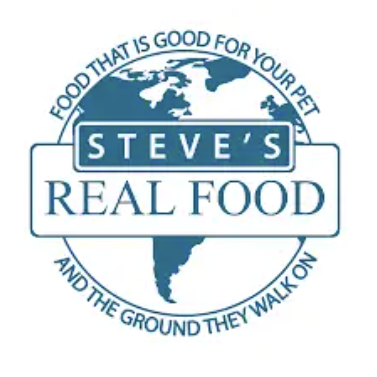 All Products
All Products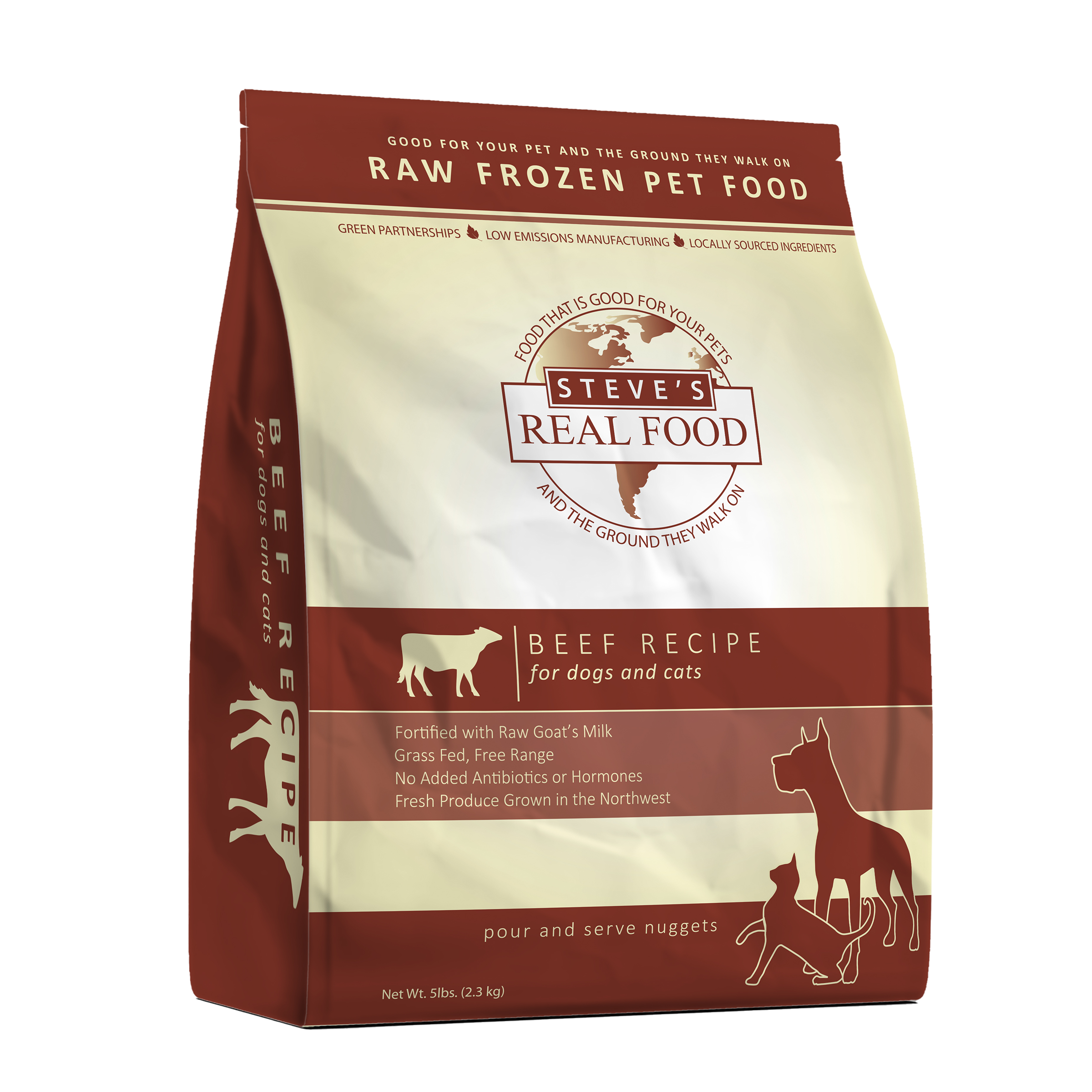 Frozen Raw Pet Food
Frozen Raw Pet Food
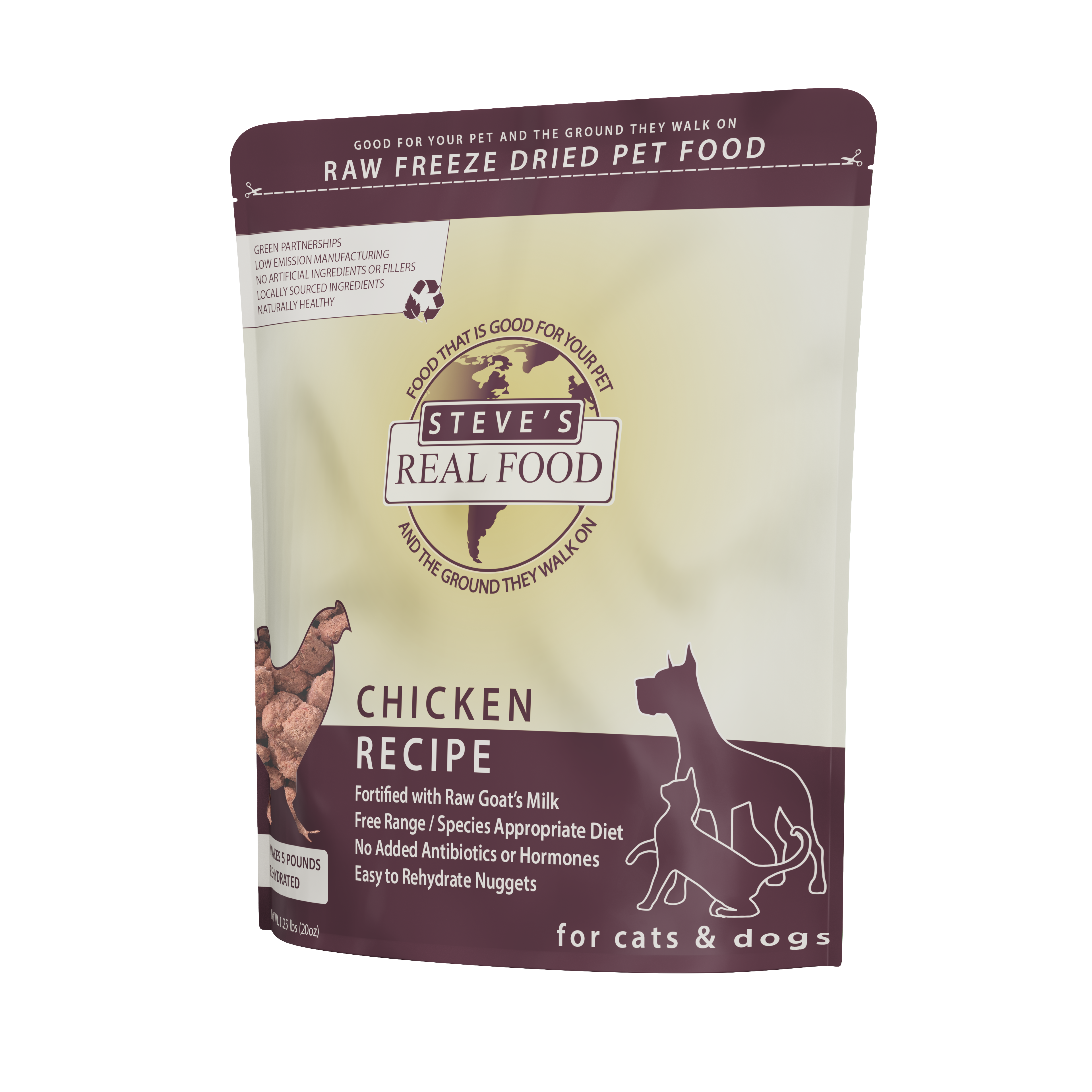 Freeze Dried Raw Pet Food
Freeze Dried Raw Pet Food
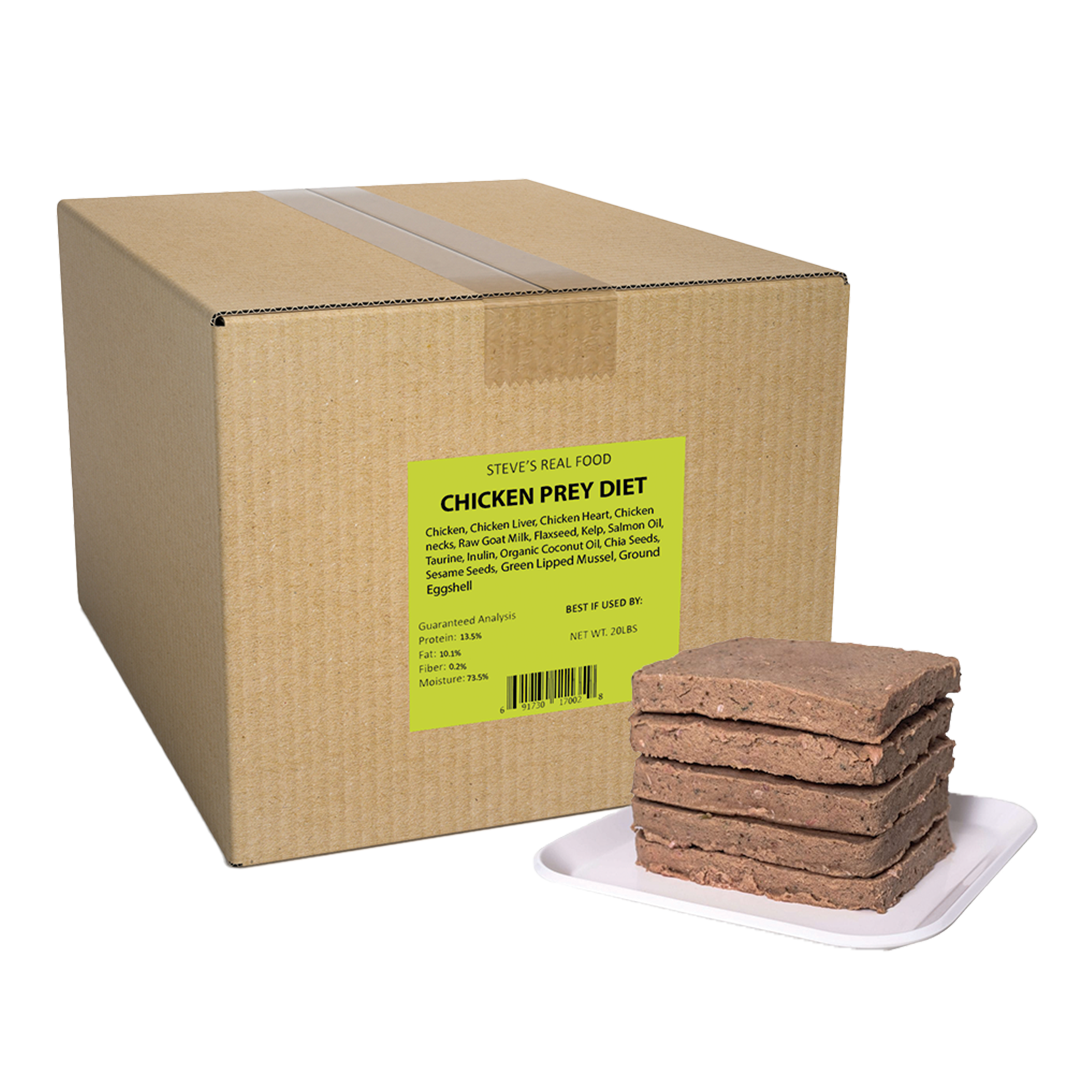 Frozen Prey Diet
Frozen Prey Diet
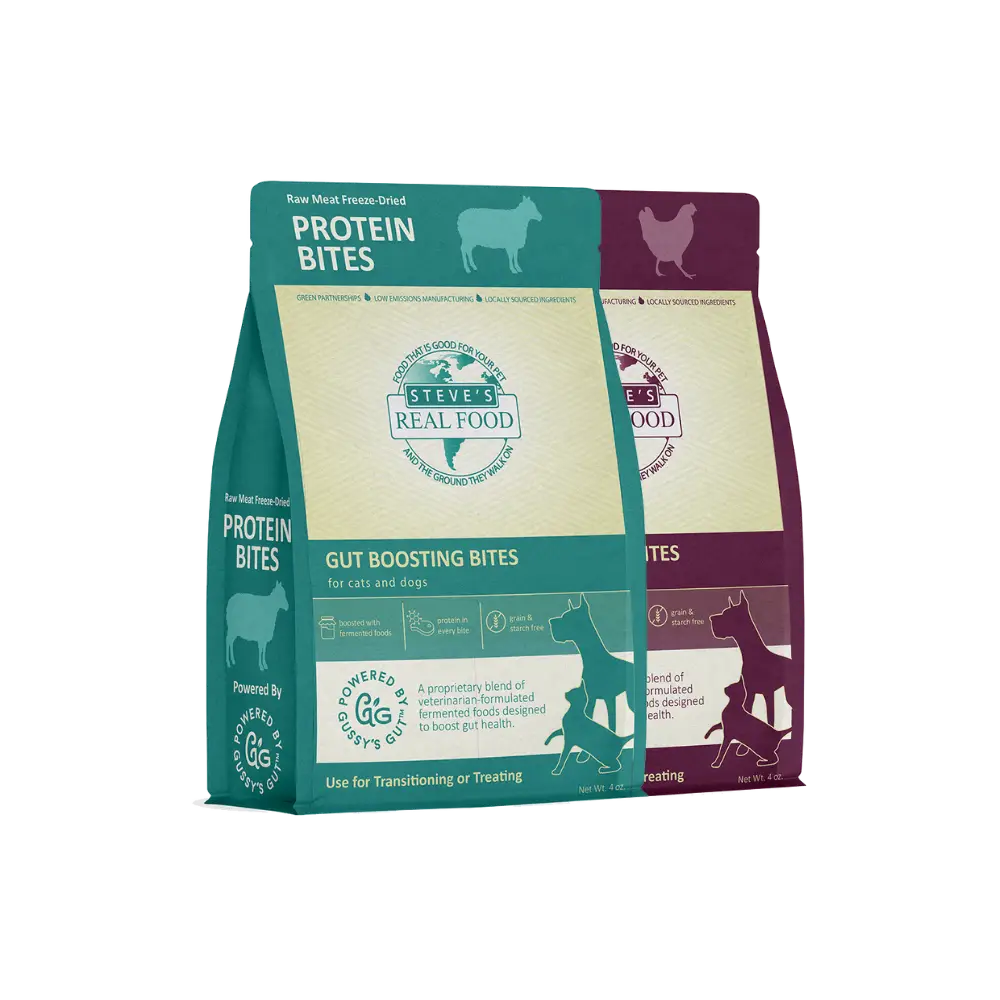 Freeze Dried Protein Bites
Freeze Dried Protein Bites
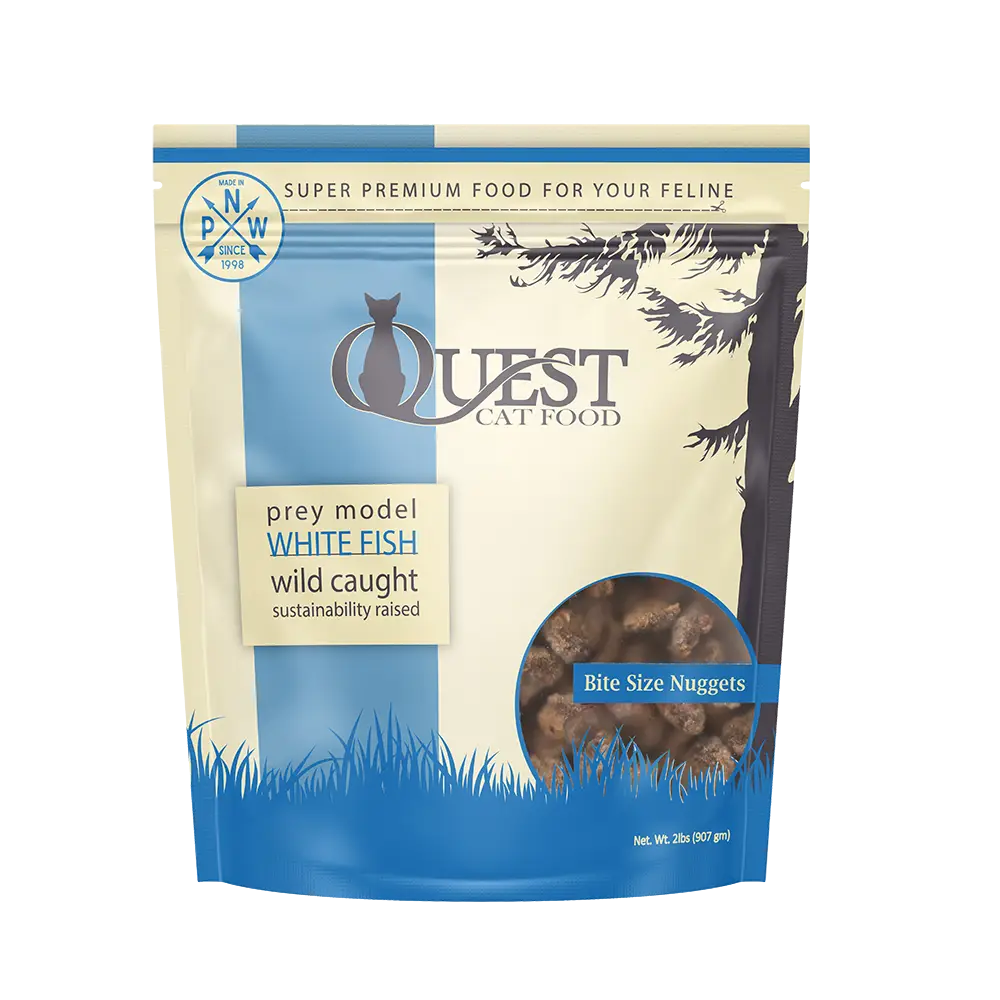 Frozen Quest
Frozen Quest
 Freeze Dried Quest
Freeze Dried Quest
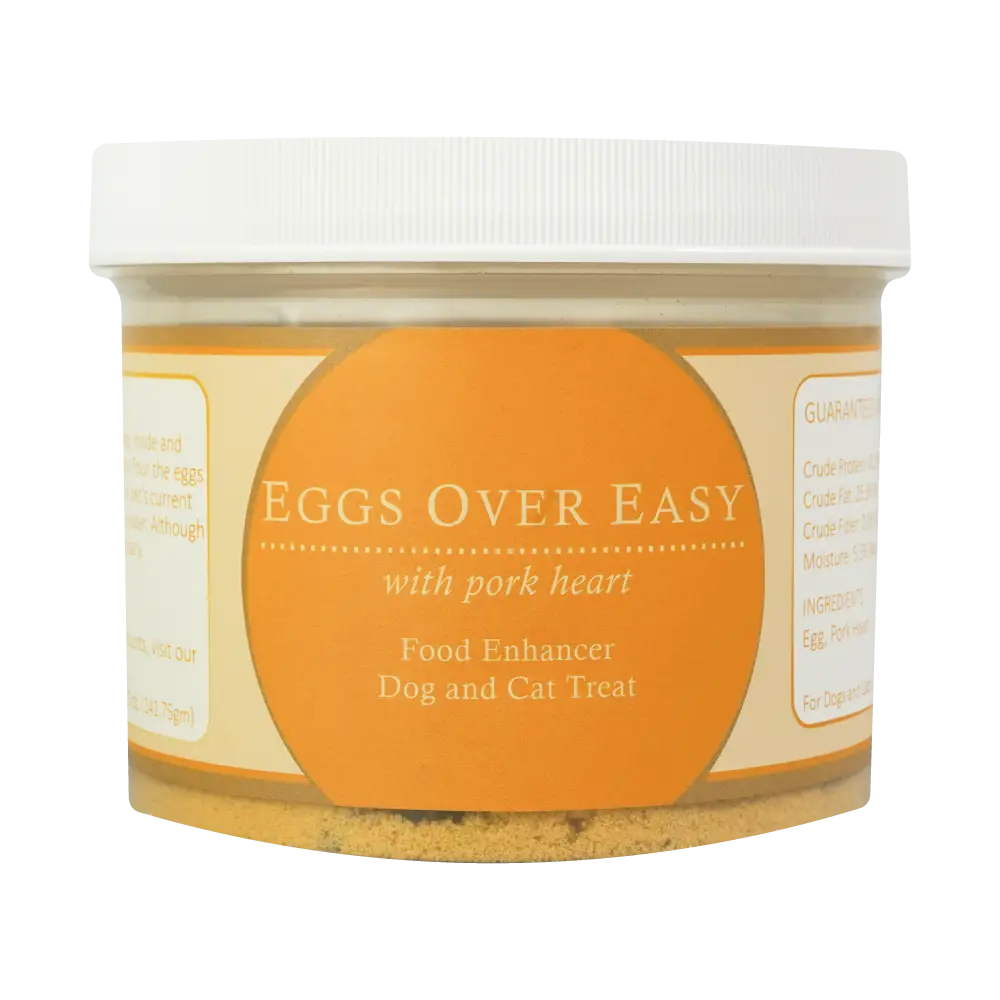 Eggs over Easy
Eggs over Easy
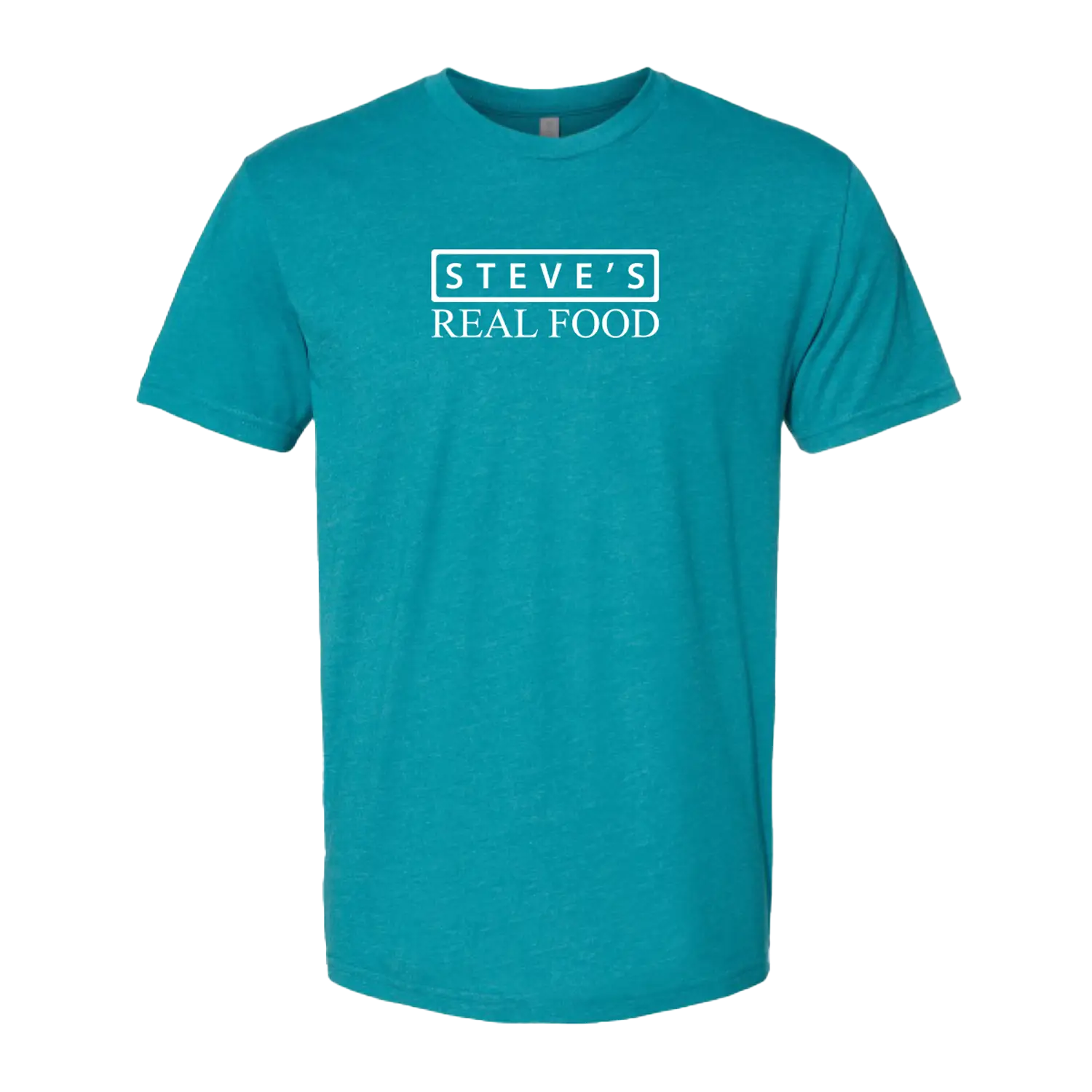 Steve's Merch
Steve's Merch 